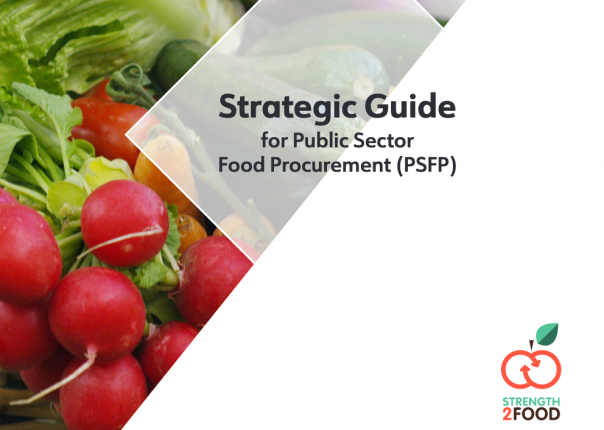
A spokesman for Strength2Food said: “Although modelled on schools catering, the findings reveal good practice models for all those involved in the commissioning, production, procurement and delivery of public sector meals which offer the greatest opportunity to positively impact customer nutrition, local economy and enduring sustainability within the service.”
The guide is based on an in-depth investigation of ten primary school meals services in five European countries, examining their food procurement and catering activities, and measuring their sustainability outcomes.
“Although modelled on schools catering, the findings reveal good practice models for all those involved in the commissioning, production, procurement and delivery of public sector meals,” the spokesman added.
The Guide drew a number of conclusions from the studies which have been summarised as part of its suggested ‘good practice’ to achieve the environmental, economic and health benefits. They include:
• Target sustainable waste management
• Reduce ruminant meat to cut carbon
• Spend locally for the biggest economic impacts
• Invest in staff for a more successful service
• Nurture relationships along the supply chain
• Rural economies benefit from strong interconnectivity
• Partnership working improves sustainability outcomes
• Review menus to maximise nutritional impacts
• Involve customers in menu selection to reduce plate waste
Click here to view the guide or click the link below